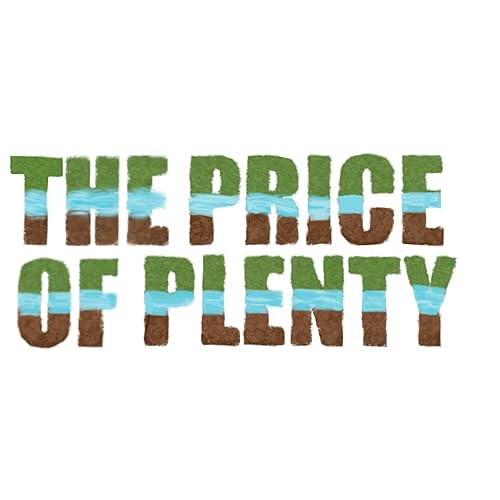In this first episode, host Elliot Tritto speaks with co-producer Julia Cooper about their respective stories on the histories of the elements Nitrogen and Phosphorous as they relate to the fertilizer industry. Tritto reported on how one of the most commons elements that feeds billions, Nitrogen, is also deadly in chemical weaponry, factory explosions and overdoses in the environment. Cooper uncovered how Florida is home to one of the richest phosphate deposits in the world. For about 140 years, the state has housed a secluded and powerful industry that mines one of three essential nutrients for the global fertilizer market.
University of Florida journalists Elliot Tritto and Julia Cooper sit down with fellow reporters from UF and the University of Missouri for a behind-the-scenes look at their collaborative reporting project, The Price of Plenty, covering the effects of chemical fertilizers on people and the planet. This is The Price of Plenty: A How-We-Did-It Podcast Production.
The Price of Plenty: https://projects.wuft.org/priceofplenty/
Funded by a grant from the Pulitzer Center’s nationwide Connected Coastlines reporting initiative, The Price of Plenty teamed up student journalists from UF and MU to report on fertilizer from the ground up. They reported from Florida’s “Bone Valley” where 8-million-pound earth movers strip-mine phosphate; from agrichemical plants along the Mississippi River; from farm fields and legislative hallways; from communities stuck next door to the industry; and from the Gulf of Mexico’s “dead zone,” where it threatens one of the world’s most productive fisheries.
Student journalists found that the industry wields outsized political power; that farmers have little incentive to use less; and that nutrient pollution persists despite exhaustive science linking fertilizer to toxic algae outbreaks and other problems. They also found that while government and industry research funding pours into fertilizer application and future markets such as hydrogen power and rare earth elements, there is a dearth of research on the human health risks associated with fertilizer production – from Florida’s reclaimed phosphate lands to Louisiana’s chemical plants. They also found promising signs of action and change. An upswing in regenerative farming practices is helping to restore polluted waterways and fight climate change. Fenceline communities next door to the industry are becoming increasingly organized in pursuit of environmental justice. The student journalists also report on solutions that rethink food production and the industry’s waste.
This episode was produced and edited by Julia Cooper and Elliot Tritto. Music from Essential Radio by ALIBI Music and courtesy of State Archives of Florida, Florida Memory. "ALIBI-Secret Games_Full w Strings," "ALIBI-Stolen Evidence_Full w Mallets," and "Polk County Blues" performed by Richard Williams, 1978.
 35 分
35 分 29 分
29 分 2023/09/0321 分
2023/09/0321 分 2023/09/039 分
2023/09/039 分 2023/09/0310 分
2023/09/0310 分 2023/09/0319 分
2023/09/0319 分 2023/09/0320 分
2023/09/0320 分 20 分
20 分
